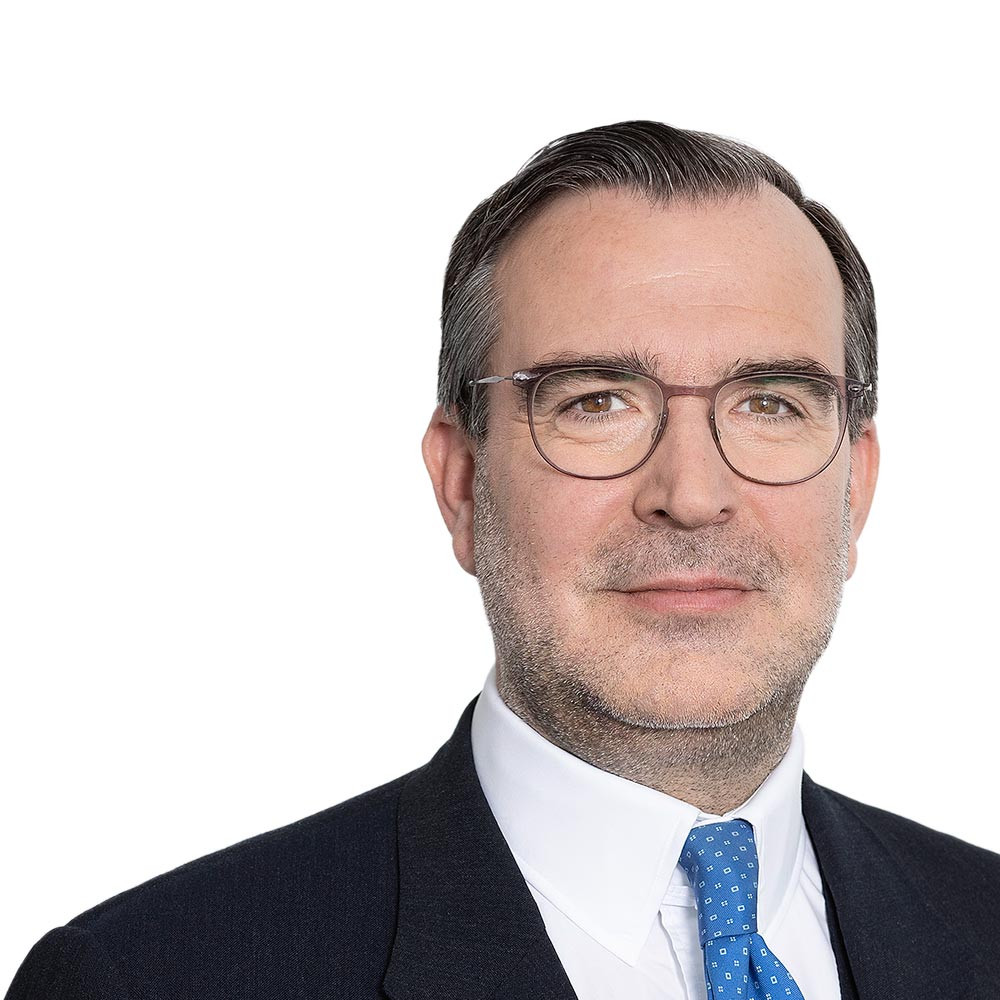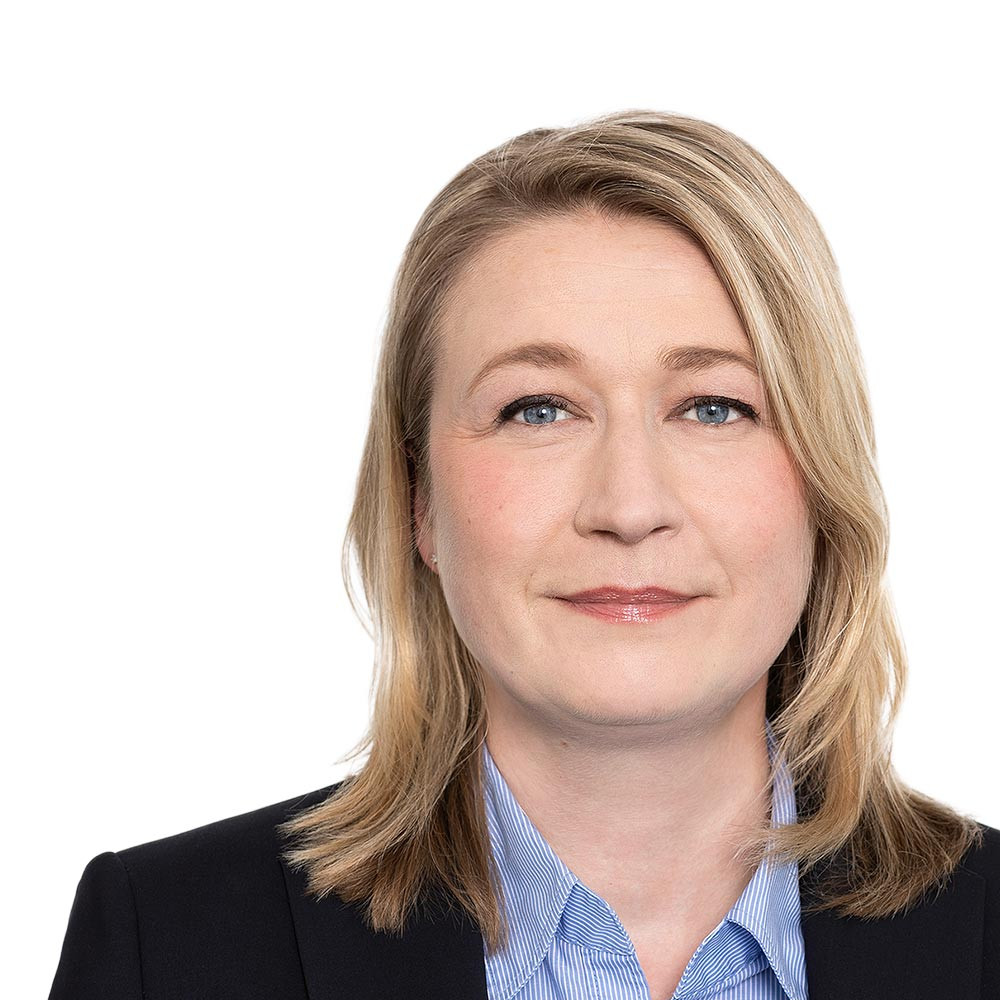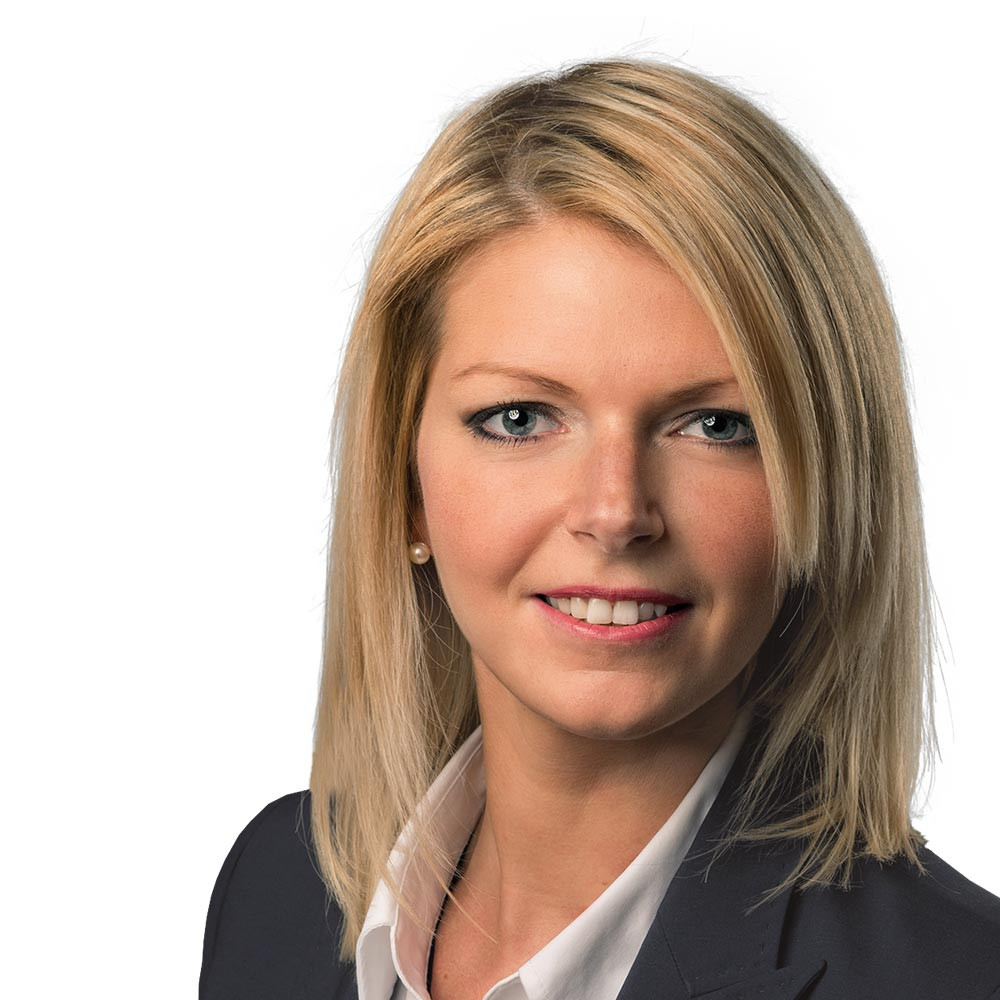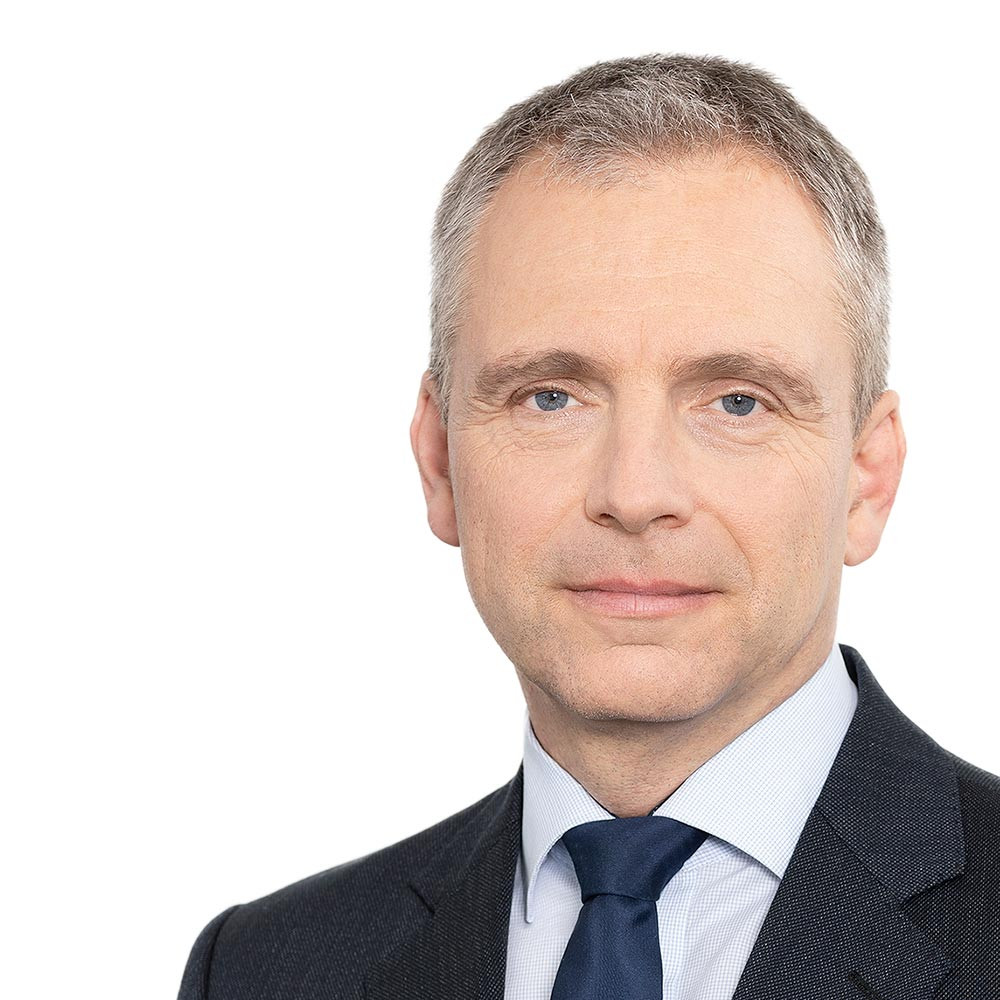- Profits at DAX companies up 37% – total compensation of CEOs grows almost 14% to EUR 7.1 million
- Study "hkp/// group report evaluation: Executive compensation at DAX companies 2016" examines all realized compensation and compensation components
Frankfurt am Main, March 23, 2017. The compensation of CEOs at Germany's biggest listed firms, the DAX companies, has risen substantially reflecting record increases in profits. Profits after tax at DAX companies are up 37%, the strongest increase since 2010. At the same time, the average total compensation of DAX CEOs in the 2016 business year grew to around EUR 7.1 million, an increase of approximately 14% on 2015. The year 2016 also saw more changes at the top of DAX companies than ever before: Just 22 of the 30 CEOs stayed in office for the whole of the year and so were included in the comparisons with the previous year.
Topping the compensation rankings was the CEO of SAP, at EUR 15.33 million. He took over the number one position from last year's leader, the CEO of Daimler, now in second place at EUR 13.78 million. Internationally, SAP and Daimler are among the top European firms in terms of CEO compensation. However, the figures are still far below top compensation levels in the United States.
These are the findings of the study "hkp/// group report evaluation: Executive compensation at DAX companies 2016". The study analyzes the data on executive compensation published by the 30 German DAX companies. They companies present their data in tables of the type recommended in the German Corporate Governance Code (DCGK) – a pioneering standard in transparency. Reporting covers all compensation components, including pensions and fringe benefits. In this way, the basis for the comparison is the compensation actually realized, rather than any expected payments.
"As required, the compensation of DAX CEOs is based upon performance and is oriented toward the long term. Good performance figures in recent years are now being reflected in high compensation levels. That is as it should be," says hkp/// group Managing Partner Michael H. Kramarsch. "Companies, although they may not like it very much, are entering into the debate by adhering to the voluntary transparency practices on compensation proposed by the DCGK. They are not hiding behind the patchy legislative provisions of the Commercial Code. This voluntary transparency makes it possible to see the development in compensation levels in the first place."
Kramarsch also issues a warning, however. "The question raised by politicians of limiting executive compensation is a red herring – an attempt to distract us from the fact that what we really need is not lower maximum wages, but higher minimum wages. Shifting responsibility from supervisory boards, where there is codetermination, to hedge funds at the annual general meeting would be an imposition of American practices on the German executive compensation environment."
Automotive companies no longer head the list
The best compensated DAX CEO who held office for all of 2016 was the CEO of SAP (EUR 15.33 m total compensation), followed by the CEOs of Daimler (EUR 13.78 m) and HeidelbergCement (EUR 9.99 m). Bottom of the list comes the CEO of Infineon (EUR 2.84 m).
Top 3 DAX CEOs | Total compensation 2016
- SAP | EUR 15.33 m
- Daimler | EUR 13.78 m
- HeidelbergCement | EUR 9.99 m
Bottom 3 DAX CEOs | Total compensation 2016
- Beiersdorf | EUR 4.19 m
- Deutsche Lufthansa | EUR 3.15 m
- Infineon | EUR 2.84 m
Looking at the current figures for 2016, we can observe an increase in the average compensation of DAX CEOs since the introduction of obligatory disclosure in 2006 of approximately 2.4% each year (based on Commercial Code figures). Compensation levels have thus grown by around the same amount as the annual increase in average gross income by employees (2.3%, German Federal Statistical Office) over the same period.
Growth in compensation internationally
Looking at the 27 annual reports that have been published for the 75 biggest listed European companies (the STOXX® Europe 50 and/or EURO STOXX 50®), we see an increase in the direct compensation of CEOs to EUR 6.70 million on average in 2016, up around 8.5%. By comparison, average direct compensation of CEOs in firms on the American Dow Jones Industrial Index grew to around EUR 18.78 million, an increase of 25.2% compared to 2015.
Indexes in Germany, Europe & US | Direct compensation 2016 (HGB)
- DAX | EUR 5.52 m
- STOXX® Europe 50 and EURO STOXX 50® (27 from a total of 75) | EUR 6.07 m
- Dow Jones Industrial (13 from a total of 30) | EUR 18.78 m
Only the Commercial Code figures are suitable for international comparisons of compensation levels. Currently, the highest direct compensation at any listed company in Europe goes to the CEO of Roche (approximately EUR 13.24 m). In the US, the top position is held by the CEO of Nike at around EUR 42.06 m.
Political debate over executive compensation – Mistaken priorities
Increases in pay notwithstanding, the authors of the study believe that the current political pressure to regulate executive compensation is a red herring. "This sort of politicking is understandable in an election year, but it only generates extra work for bureaucrats – to no effect," says hkp /// group partner Regine Siepmann. Experience in Austria and the US has shown that limiting the tax deductibility of executive compensation is ineffective. Likewise, setting a fixed level for the ratio between executive and non-executive compensation across all companies is pointless. "Business models – and with them compensation practices – are far too varied and cannot be compared across companies," says Regine Siepmann.
The call for decisions about executive compensation to be made by the annual general meeting rather than the supervisory board is growing stronger by the day. But hkp /// group Managing Partner Michael H. Kramarsch stresses that supervisory boards have well established decision-making processes in which employees, and sometimes politics too, are involved. "Transparency – yes. Discussion at the annual general meeting – yes. But the responsibility for deciding about executive compensation lies with the supervisory board as a plenary body. That responsibility cannot be delegated. Backroom decisions ended long ago."
According to the authors of the study, action is needed over legal regulations on transparency. "Informed discussion, whether by shareholders or the general public, relies on there being complete transparency. The current Commercial Code regulations are based on accounting guidelines and are woefully inadequate. The detailed perspective on compensation that we enjoy today is only possible thanks to voluntary disclosures by companies – who then see themselves derided by politicians with their misleading arguments," says Michael H. Kramarsch. Kramarsch calls for a swift end to the mess that results from having two parallel, coexisting methods of disclosing executive compensation: on the one hand, an incomplete legal standard, and on the other, the detailed instructions in the DCGK. He also believes that it is time to end the special legal regulation allowing individual compensation figures not be disclosed if the annual general meeting votes against it. "How this question is dealt with will indicate how seriously the German legislature really takes transparency about compensation. The implementation of the new European directive on shareholders' rights can act as a springboard for the German legislature on this issue," says Kramarsch.






